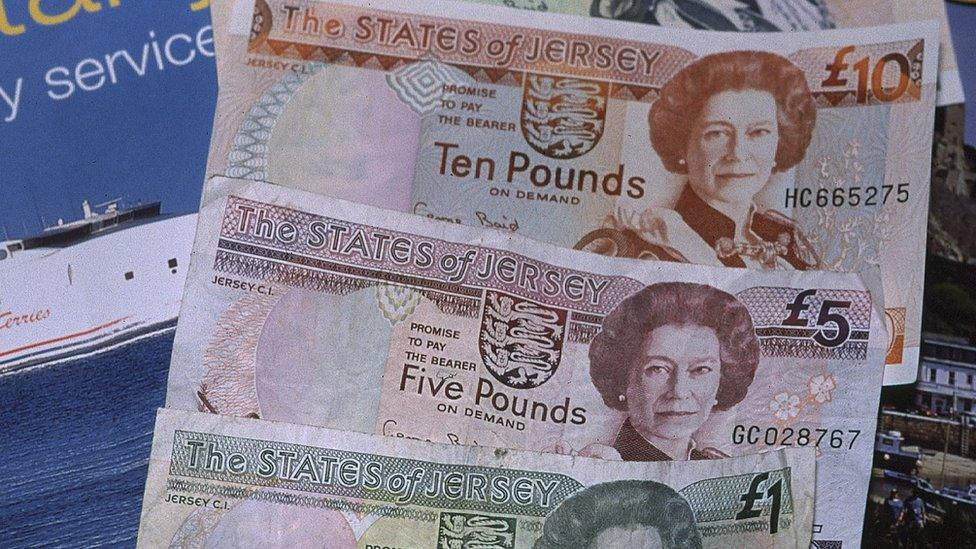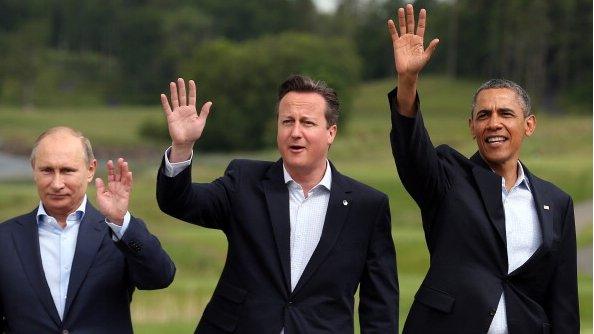UK 'more of a tax haven' than Channel Islands, says report
- Published

Jersey has fallen below the UK in a new tax haven ranking survey
The UK has been rated "more of a tax haven" than the Channel Islands, in a financial transparency report.
The biennial study by campaign group Tax Justice Network (TJN), external ranked the UK above the islands.
TJN director, John Christensen, said the islands had "made significant improvements" by signing up to the OECD's Common Reporting Standard (CRS).
UK Prime Minster David Cameron has frequently called for more tax transparency since the 2013 G8 summit.
Last year Mr Cameron wrote to the UK's overseas territories, external, calling on them to force companies to publicly register any individuals with significant control over the company.
The British Government passed legislation to bring public registers into effect from April.
The UK was ranked 15th in the TJN's 2015 Financial Secrecy Index (FSI), with Jersey and Guernsey following in 16th and 17th place.
Jersey and Guernsey ranked above the UK in the 2013 report.
While the UK was rated as less secretive than Jersey and Guernsey, the global impact of its tax arrangements was nearly 40 times more than the islands combined.

British overseas territory, the Cayman Islands, dropped from 4th to 5th place in the FSI rankings
The UK also overtook overseas territories Bermuda and the British Virgin Islands in the 2015 rankings.
The TJN, an international network, which includes economists, lawyers and activists, first published the FSI in 2009.
Countries are assessed on both the secrecy of their financial sectors and the international clout of their financial services.
'Aggressive activity'
Like the Channel Islands, the UK has signed up to the CRS, which will make participating countries automatically exchange tax information with each other.
But Mr Christensen said the UK was penalised for its "aggressive chasing of tax haven activity", which he said included its non-domicile rule, and its procurement of Chinese investment for British offshore trading.
He said the UK's public register was a "weak" measure against tax avoidance because people who profited from trusts would remain anonymous.

Changes in the UK since 2013:
Further cutting corporation tax to 18% by 2020, the lowest rate among G20 countries
Signed up to the CRS
So-called "Google Tax" introduced - a direct levy of 25% on company profits that have been moved overseas to avoid UK tax
"Patent Box" tax break brought in, which offers a reduced 10% rate to certain firms with patented products
Changes in the Channel Islands since 2013:
Jersey and Guernsey both accepted the CRS
Guernsey was branded "non cooperative" by the EU in June 2015, but it later admitted "inconsistencies" in the information used and that it saw the island as "cooperative"
Jersey was put on a tax blacklist by France in August 2013, but removed later the same year

- Published30 July 2015

- Published19 March 2015

- Published18 June 2013
